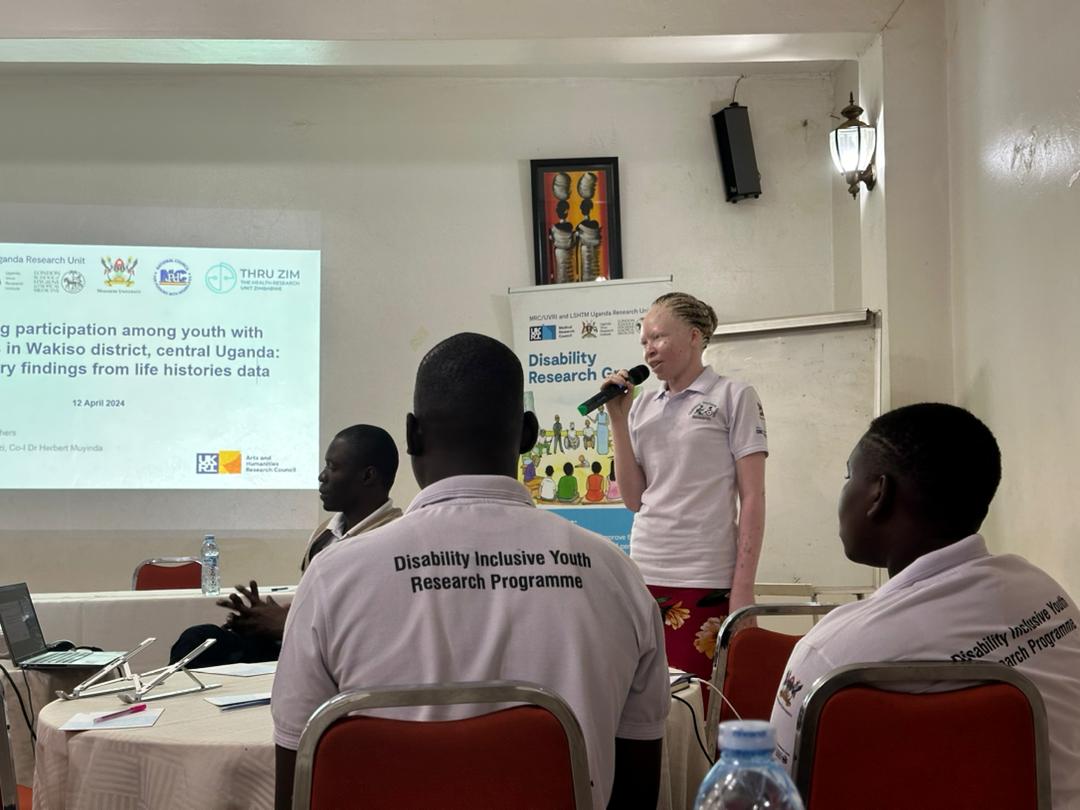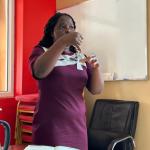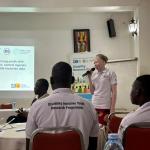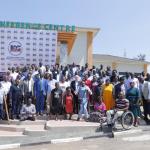Youth with Disabilities Leading Change in Inclusive Research
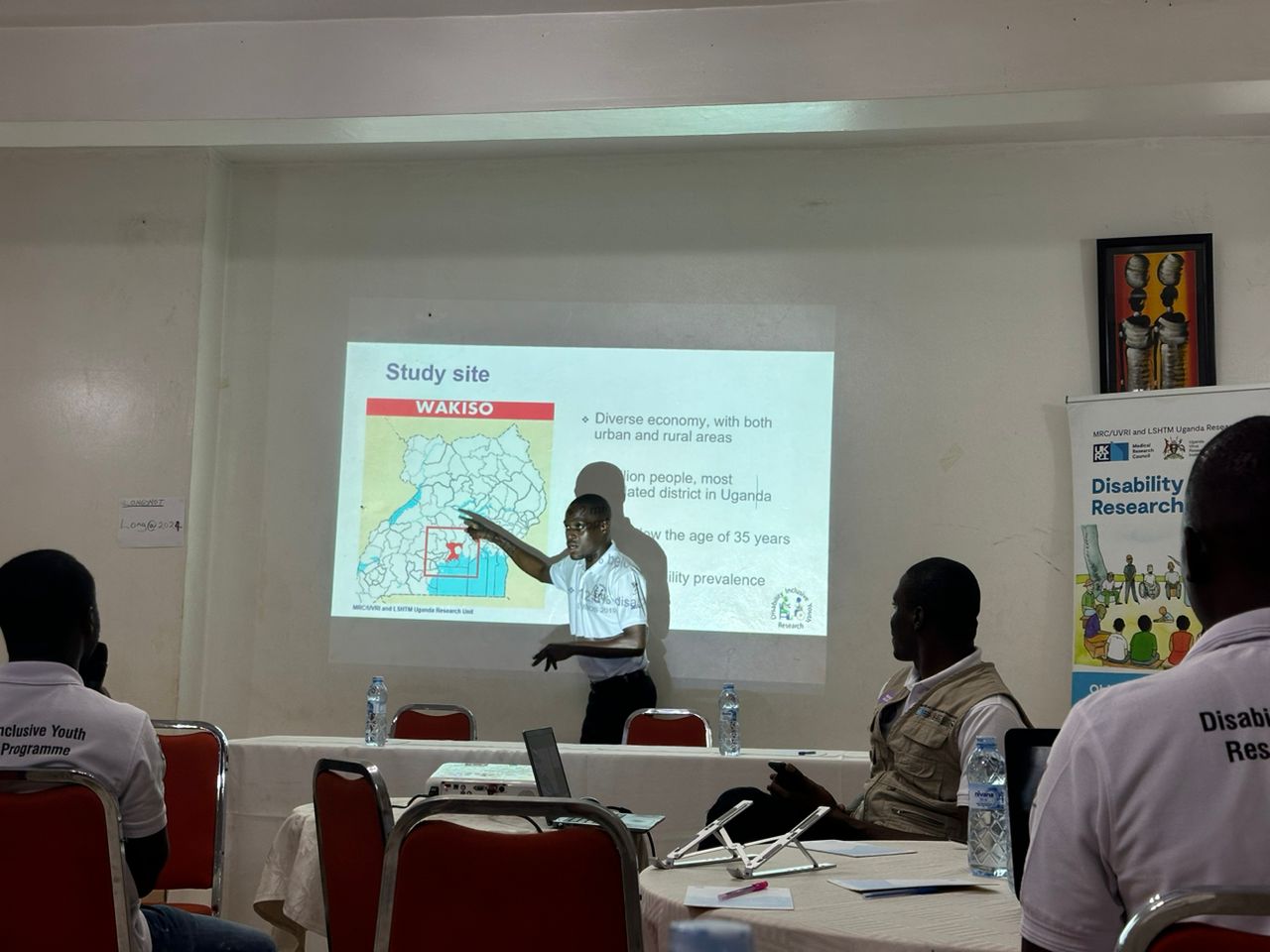
On April 12, 2024, a pivotal community workshop was held at the Sports View Hotel, spearheaded by youth with disabilities from the Disability Inclusive Youth Research Programme, focusing on the challenges faced by Youth with Disabilities in Uganda. This workshop provided a platform to share research findings and foster discussions aimed at empowering Youth with Disabilities through inclusive research and community engagement.
The workshop brought together representatives from various institutions, including Makerere University, Show Abilities Uganda (SAU), local councillors representing Persons with Disabilities in Kireka, and the Medical Research Council/Uganda Virus Research Institute and London School of Hygiene and Tropical Medicine (MRC/UVRI and LSHTM). This diverse group highlighted the multi-sectoral approach required to address the complex issues faced by Youth with Disabilities in Uganda.
The DIY project is an initiative under the Disability Research Group focused on youth-led African disability research. The primary objectives of this project are to:
1. Develop and implement youth-led disability research in Africa.
2. Create employment opportunities for disabled youth in research fields.
3. Encourage and facilitate knowledge sharing and awareness-raising led by Youth with Disabilities.
The research conducted under the DIY project involved collecting life histories and interviewing 31 Youth with Disabilities aged 18-30 in Wakiso district, one of Uganda's most populous regions with a high prevalence of disability (12.6%). The findings shed light on the various factors that influence the inclusion of Youth with Disabilities in education, employment, and social life.
The involvement of Youth with Disabilities in research not only contributes to the creation of new knowledge but also ensures that research outcomes are comprehensive and representative of the diverse experiences of Youth with Disabilities. Moreover, it creates employment opportunities, thereby contributing to the economic growth of the community.
A panel discussion during the workshop highlighted the challenges faced by Persons with Disabilities in the Kireka area. Issues such as the lack of workspace, inadequate transportation, and mistrust in personal assistants were raised. Additionally, the overwhelming number of Persons with Disabilities often strains service delivery, making it difficult to meet their needs effectively.
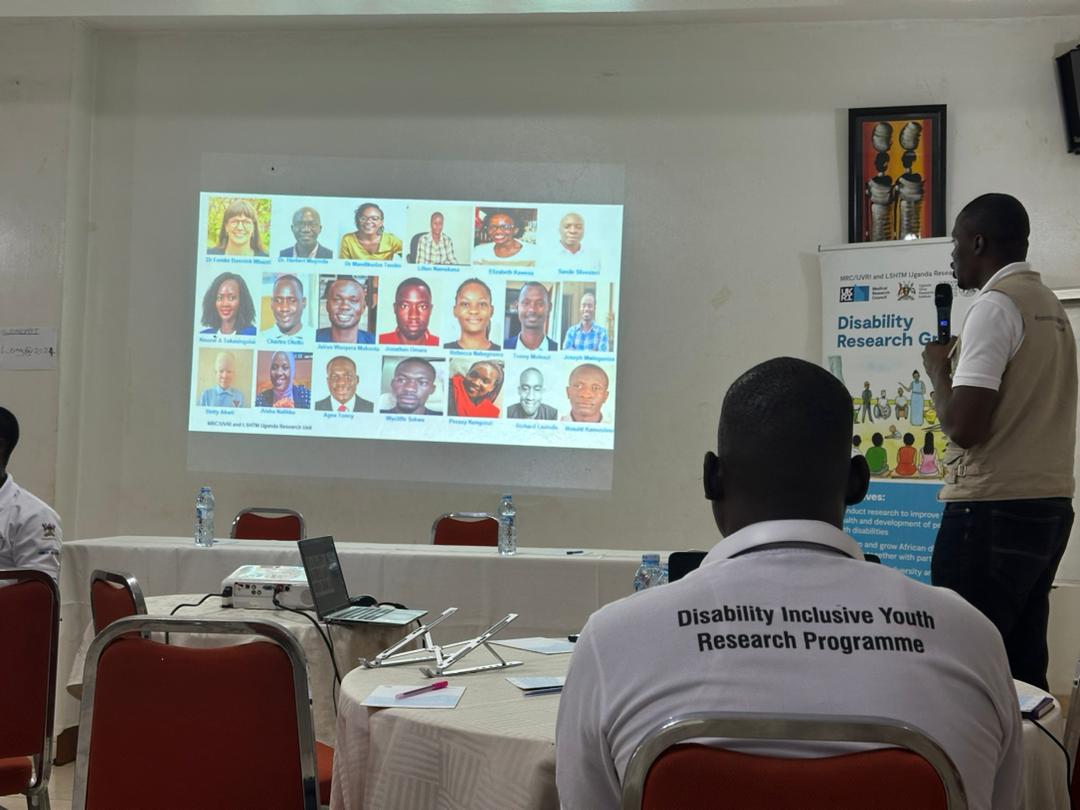
Show Abilities Uganda (SAU) emphasized the importance of advocacy in promoting disability inclusion within communities and influencing policymakers. SAU advocates for inclusive policies, particularly in the employment sector, and engages employers to ensure equal participation of Youth with Disabilities. The organization also practices what it preaches, embodying the human rights-based approach and the social model of disability in all its initiatives.
In his closing remarks, a representative from the Child Health and Development Centre at Makerere University urged participants to continue advocating for the issues affecting Persons with Disabilities. Increased visibility, understanding, and awareness are crucial for driving the changes needed to achieve true inclusion for Youth with Disabilities in Uganda.
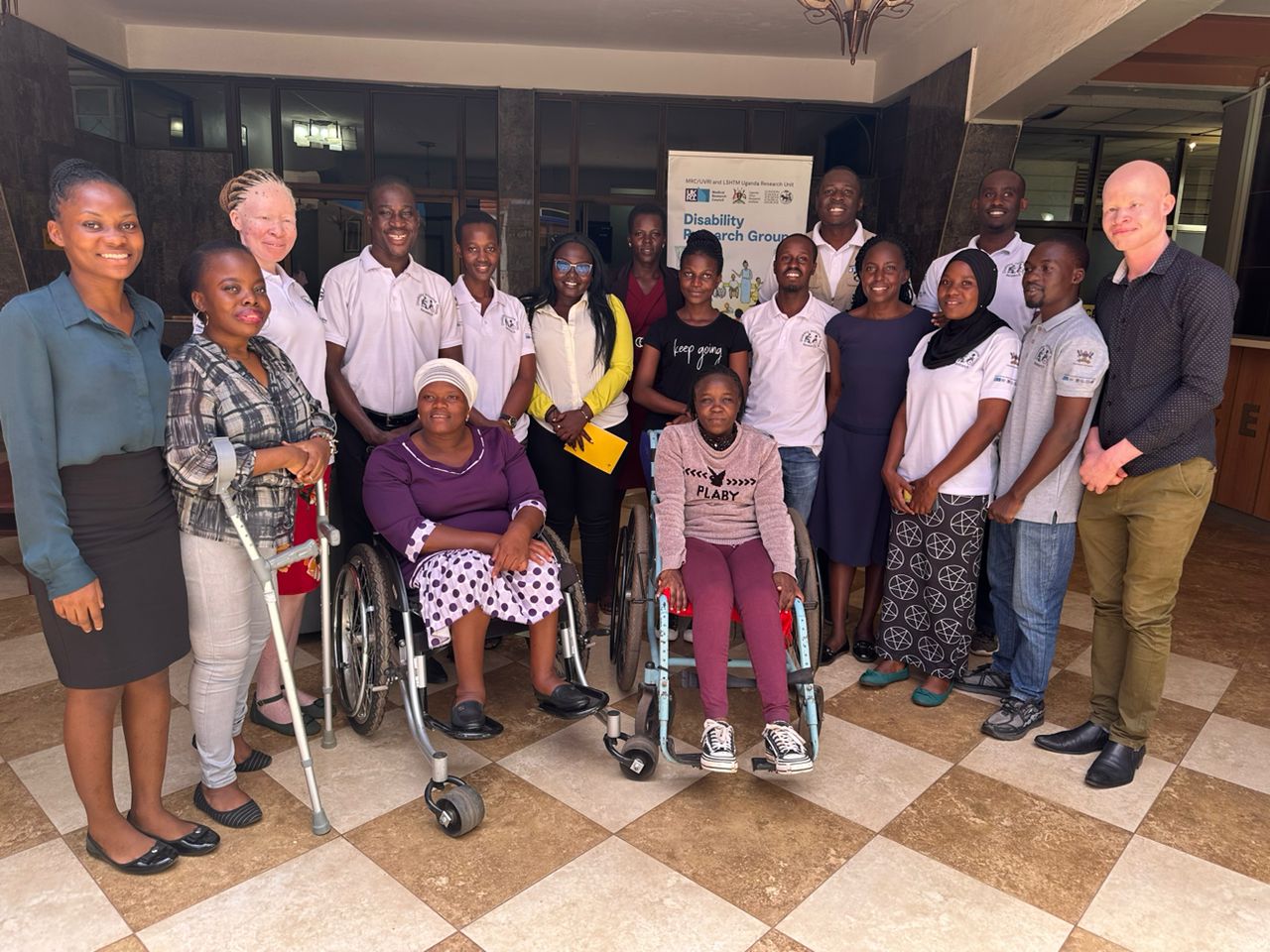
The community workshop served as a reminder of the power of collective action and the importance of including Youth with Disabilities in research and decision-making processes. As the DIY project continues to grow, it promises to pave the way for a more inclusive society where Youth with Disabilities can thrive.
Catch up on the media engagements held here:
1. Breaking Barriers in Research|Morning AT NTV
2. Persons with Disabilities Youth Empowered to Conduct Research
3. Ugandan youth with disabilities make research more inclusive
- Log in to post comments

